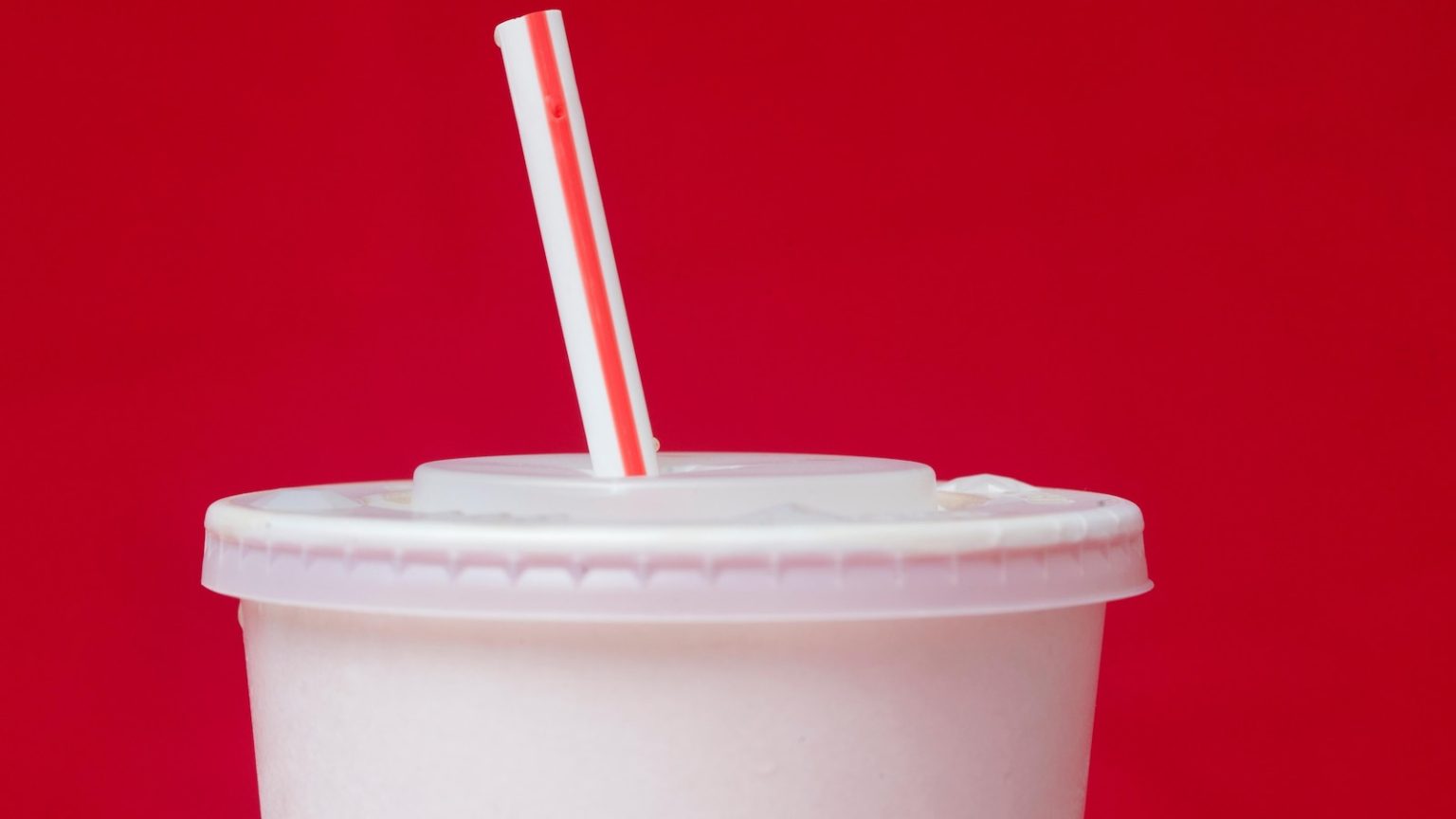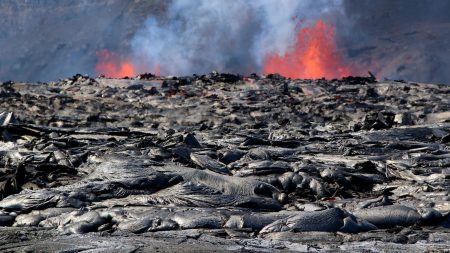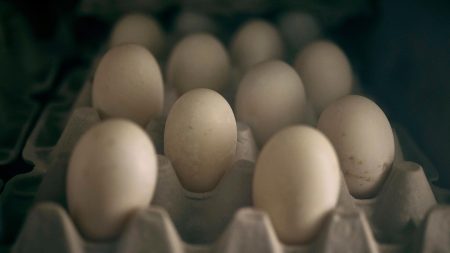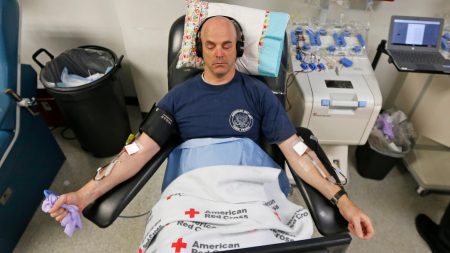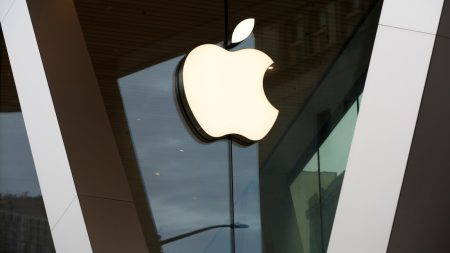A New Chapter in the Straw Wars: Trump’s Push for Plastic
Trump Reverses Federal Policy, Brings Back Plastic Straws
In a move that has sparked both surprise and outrage, President Donald Trump announced a decision to ban the federal use of paper straws, declaring them ineffective and short-lived. Instead, he has directed federal agencies to revert to plastic straws exclusively. The announcement, made during a White House press conference, was accompanied by the signing of an executive order that overturns a Biden administration policy aimed at phasing out single-use plastics, including straws, by 2035. Trump dismissed the Biden-era initiative as "DEAD!" on social media, signaling a clear departure from his predecessor’s environmental goals.
The decision to bring back plastic straws is not without controversy. Critics quickly pointed out that Trump’s 2019 reelection campaign sold branded reusable plastic straws, priced at $15 for a pack of 10, raising questions about the motivations behind the policy change. While the move has been celebrated by the plastics industry, environmentalists and many Americans remain deeply concerned about the impact of plastic waste on oceans and wildlife.
The Environmental Argument: Plastic Straws and Their Impact
Plastic straws have long been a target of environmental activists, who argue that they contribute to the staggering levels of plastic pollution in the world’s oceans. Each day, an estimated 390 million plastic straws are used in the United States alone, often for just a few minutes before being discarded. These straws can take upwards of 200 years to decompose, breaking down into microplastics that harm marine life, from sea turtles to fish, and even enter the human bloodstream.
The problem extends far beyond straws, however. Single-use plastics, including water bottles, takeout containers, coffee lids, and shopping bags, are among the most common items found in ocean waste. Globally, the equivalent of one garbage truck full of plastic enters the oceans every minute, according to experts. As these plastics break down, they release harmful chemicals and microplastics that infiltrate the food chain, posing a threat to both wildlife and human health.
Despite these environmental concerns, Trump has downplayed the risks, suggesting that plastic straws are unlikely to significantly harm marine life. “I don’t think that plastic is going to affect the shark very much as they’re eating, as they’re munching their way through the ocean,” he remarked during the announcement.
Industry Reactions: Applause from Plastics, Criticism from Environmentalists
The plastics industry has welcomed Trump’s decision, with the Plastics Industry Association calling it the start of a “Back to Plastic” movement. “Straws are just the beginning,” said Matt Seaholm, the group’s president and CEO. However, environmental organizations have been quick to condemn the move, arguing that it undermines global efforts to address the plastic pollution crisis. Christy Leavitt, plastics campaign director for Oceana, described the decision as “more about messaging than finding solutions,” and emphasized that most U.S. voters support reducing single-use plastics.
Many multinational companies have already moved away from plastic straws, aligning with growing consumer demand for sustainability. This makes Trump’s push for plastic straws an outlier in the broader business world, where reducing plastic use has become a key part of corporate sustainability goals.
The Bigger Picture: A Global Plastic Pollution Crisis
The debate over plastic straws is just one small part of a much larger issue. Each year, the world produces over 400 million tons of new plastic, with about 40% of it used in packaging. The production of plastic is not only a source of pollution but also a significant contributor to greenhouse gas emissions, as more than 90% of plastic products are derived from fossil fuels like oil and natural gas.
Efforts to address the plastic pollution crisis are underway globally. Over 100 countries are currently negotiating a treaty to limit plastic production, improve recycling, and clean up existing waste. However, these talks have been slow to yield results, with disagreements over how to balance economic interests with environmental protections. The U.S., China, and Germany are among the largest players in the global plastics trade, and their participation in these talks will be crucial to achieving meaningful progress.
A Divided America: Public Opinion and Everyday Impact
While some Americans may cheer the return of plastic straws for their convenience, others are deeply frustrated by the reversal of progress on environmental issues. White House staff secretary Will Scharf argued that the push for paper straws has been costly and unpopular, claiming that it has “left consumers all over the country wildly dissatisfied with their straws.” However, environmental advocates counter that the switch to paper straws, while imperfect, was an important step toward reducing plastic waste.
The debate over straws reflects a broader cultural divide in the U.S. over how to address environmental challenges. Certain states and cities have already acted on their own, banning plastic straws or restricting their use in restaurants. Yet, these efforts are just a drop in the ocean compared to the scale of the problem. For real change to happen, experts say that a coordinated global effort will be necessary to tackle not just straws, but all forms of single-use plastics.
Looking Ahead: The Path Forward
As the world grapples with the plastic pollution crisis, Trump’s decision to revert to plastic straws has been seen by many as a step in the wrong direction. While the move may appeal to his base, it risks alienating voters who prioritize environmental protection.
The plastics industry, meanwhile, sees the decision as an opportunity to push back against what it perceives as overregulation. Seaholm’s statement that “straws are just the beginning” suggests that the industry is gearing up for a broader campaign to promote plastic use.
For environmentalists, the fight is far from over. Groups like Oceana and the Straws Turtle Island Restoration Network are urging individuals to take personal responsibility by making sustainable lifestyle choices, such as using reusable straws or entirely forgoing them.
As the U.S. and other nations continue to negotiate a global plastics treaty, the outcome of these talks will be critical in determining whether the world can stem the tide of plastic pollution. For now, the debate over straws serves as a reminder of how even the smallest everyday items can have a big impact on the planet—and how political choices can either help or hinder efforts to address one of the most pressing environmental challenges of our time.





